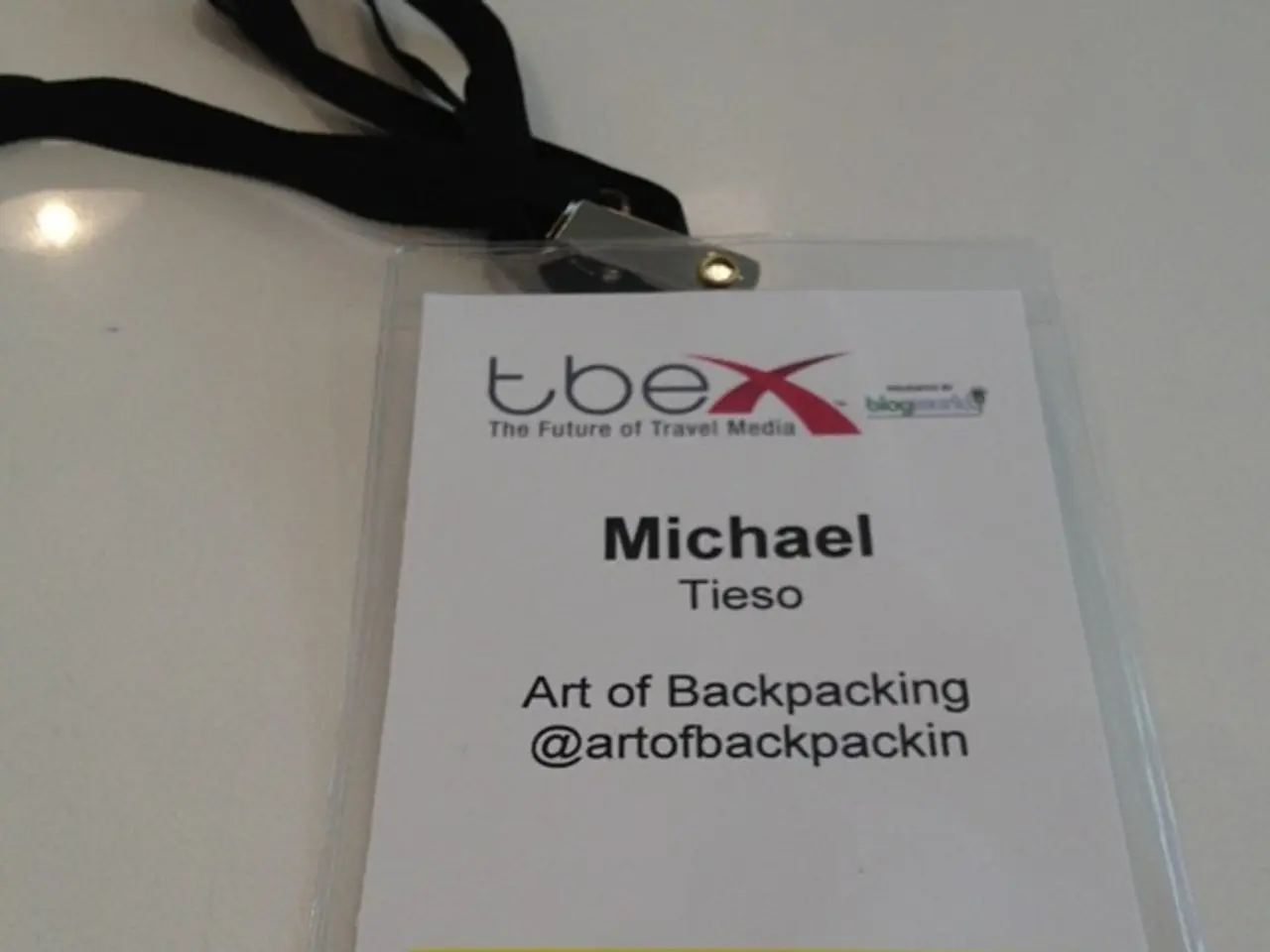Strengthening the Foundation for Transatlantic Team Resilience in the Year 2025 Through Five Key Strategies
In the modern business landscape, expanding transatlantic companies face a myriad of challenges when hiring multinational teams. One such challenge is ensuring compliance with local labor laws, a vital consideration before making a hire in a different country or jurisdiction.
Dee Coakley, a key figure in the first expansion of transatlantic companies using an Employer-of-Record (EOR) solution, has been instrumental in navigating these complexities. Coakley is the co-founder and CEO of Boundless, a global EOR.
The decision between setting up your own legal entities or partnering with an EOR service is a crucial one. While the former offers complete control, it demands significant investment. On the other hand, EOR partnerships provide speed, agility, and reduced complexity.
Successful global companies approach expansion like product development, prototyping, iterating, and scaling based on learnings. Pillar 1 of this approach is starting with compliance, not convenience. This means understanding and adhering to local labor laws, tax regulations, and employment standards.
Pillar 2 involves cultural integration beyond the surface level. Practices that feel second nature in one country can seem awkward, overly formal, or unprofessional in another. Strategic separation is the solution, with core values being translated globally, but practices that embody those values needing local adaptation.
Pillar 3 is about balancing fairness across different markets. Companies hiring multinational teams face a dilemma about pay equity: peg pay to local market rates or impose some sort of equity that accounts for skills and experience. A pragmatic approach is to ensure equal access to career development, promotion consideration, and locally competitive compensation for all employees.
Pillar 4: Bridge The Innovation Gap Without Leaving Anyone Behind. Some teams move fast on new tools and technologies, while others take measured approaches. Respect these differences and create frameworks that allow for both deliberate and rapid adoption.
Cultural integration is not just about managing differences; it's about turning those differences into competitive advantages. For instance, a team in a region known for its deliberate approach to innovation might bring a valuable perspective on long-term sustainability and risk management.
The "hire fast, figure it out later" approach can put a company at risk of misclassification penalties, culture clashes, and disputes over compensation. Governments around the world are aggressively pursuing misclassified workers, which can make a low-cost contractor strategy more expensive than employing someone directly from day one.
Transparency about the structure of pay and opportunities builds trust. In some U.S. cities, developers take home more than double the net pay of their European peers. However, a fair and equitable approach is essential to maintain morale and productivity across the global team.
In conclusion, successful international expansion requires a strategic, thoughtful approach. Companies must prioritise compliance, cultural integration, fairness, and innovation to navigate the complexities of hiring multinational teams and ensure long-term success.
Read also:
- Peptide YY (PYY): Exploring its Role in Appetite Suppression, Intestinal Health, and Cognitive Links
- Toddler Health: Rotavirus Signs, Origins, and Potential Complications
- Digestive issues and heart discomfort: Root causes and associated health conditions
- House Infernos: Deadly Hazards Surpassing the Flames








